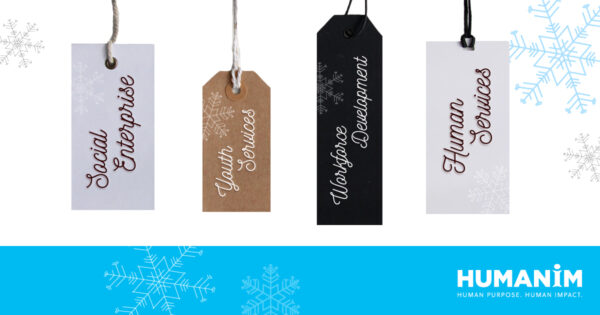
Despite the many challenges that 2020 brought, Humanim has continued to fulfill its mission to support and empower individuals who face social or economic challenges — by building pathways to economic equity, opportunity, and independence.
Since the pandemic began, we have continued to provide essential, front line supports to the youth and adults we serve through our rehabilitation and workforce development programs, many of whom are especially vulnerable to the health risks, economic and isolating effects of the pandemic.
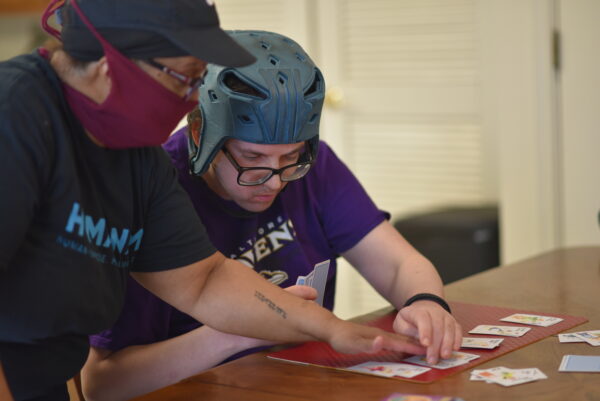
During the spring of 2020, our Developmental Disability, Behavioral Health, and Workforce Development programs quickly pivoted their services to provide virtual learning and supports, telehealth services, virtual career training and virtual youth transition programming for adults and youth with disabilities and barriers to employment throughout Maryland.
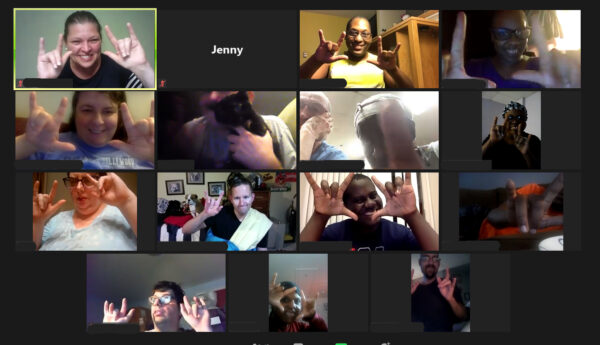
Since May, we have held over 1,300 virtual learning classes for day program participants, assisted 62 individuals with disabilities in maintaining employment through the pandemic, engaged over 80 youth with disabilities in virtual learning and supports, and provided over 4,600 meals to individuals with disabilities or experiencing homelessness in the community.
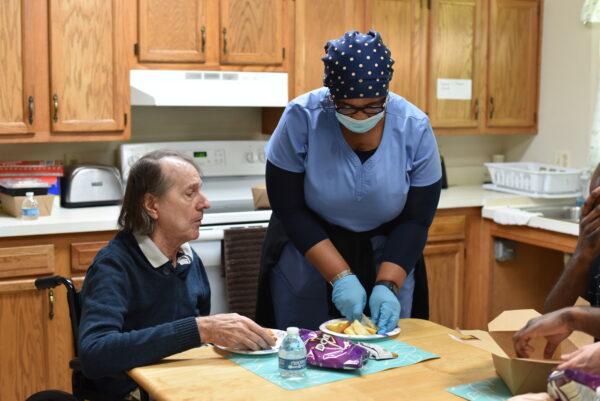
As the pandemic increased food insecurity, especially for low-income and at-risk individuals, Humanim’s culinary social enterprise City Seeds did some pivoting of its own, transitioning from its catering business lines to provide high-volume food production and delivery for individuals and communities experiencing food insecurity.
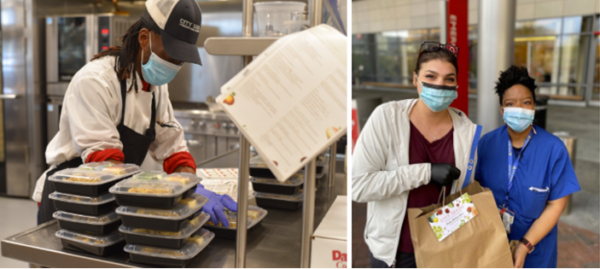
This past year, City Seeds prepared and delivered over 300,000 healthy and nutritious meals (and counting) to community members, including medical workers and first responders, Baltimore City School students, individuals with disabilities and experiencing homelessness, senior citizens, and at-risk, low-income individuals experiencing food insecurity in the East Baltimore community. Planted in East Baltimore, the City Seeds headquarters has also become a central hub for food distribution, connecting neighbors and community members with fresh food during the pandemic.
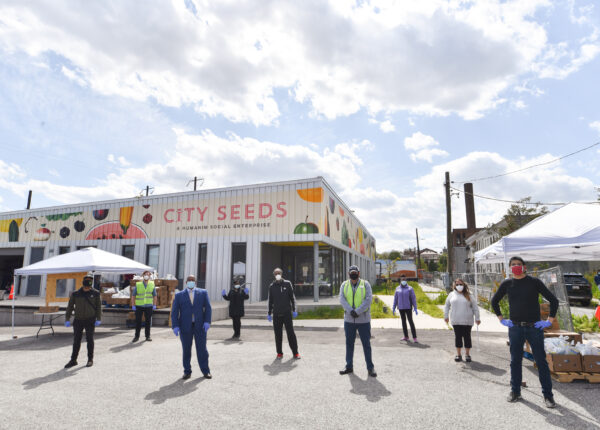
And at a time when unemployment was high, our Workforce Development Division was able to continue their important training efforts. Through a hybrid of in person and virtual classes, they have graduated one cohort from the Administrative Assistant Career Training program, with another cohort in progress right now, and a third scheduled to begin in early 2021.

Of course, we can’t talk about volume of services without touching on quality of service, which remains an enduring value that grounds all of our programming at Humanim. We are extremely grateful to our dedicated staff, many of whom are front line employees, who have not only adapted to the challenges of the pandemic, but have striven to maintain both the safety of the individuals we serve, as well as the utmost quality of service delivery. They have truly gone the extra mile to maintain a sense of connection and security for those we serve.
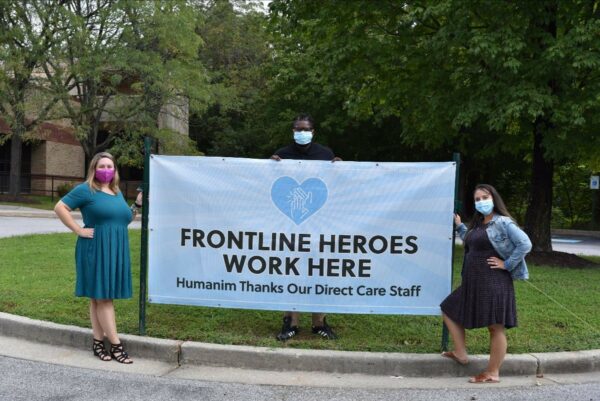
As 2020 draws to a close, we remain inspired by the acts of generosity both small and large we continue to see each day to help those in need – during an especially trying time for all of us. And we could not do the work we do without the support of you – our partners and community.
Please consider sustaining Humanim’s programs in 2021, with a tax-deductible gift this holiday season.
Your gift will allow us to continue providing critical services for our communities in need, and has a direct impact on the individuals we serve. We are truly grateful for your support.
From all of us at Humanim, we wish you and your loved ones a safe and happy holiday.

2020 Charitable Contribution Provisions in the CARES Act
For those interested in increasing their giving this year, the Charitable Contribution Provisions in the COVID-19 Stimulus Bill – Coronavirus Aid, Relief, and Economic Security Act (CARES) – provide additional incentives for giving in the 2020 tax year:
• There is a new above-the-line deduction available for up to $300 in annual charitable contributions in cash to a qualified charity, for people who do NOT itemize their deductions (contribution is subtracted from gross income).
• Prior to the CARES Act, an individual’s deduction for cash contributions to public charities generally was limited to 60% of the individual’s adjusted gross income. The CARES Act increases the deductible amount for an individual’s contribution in 2020 to a qualified public charity to 100% of the individual’s adjusted gross income.
• The COVID-19 Stimulus Bill charitable contribution provisions apply only to cash donations to qualified public charities; they do not apply to private foundations or donor advised funds. To constitute a qualified contribution, the contribution must be made during the 2020 calendar year regardless of whether the taxpayer’s taxable year is the calendar year.
• Corporations can deduct charitable contributions up to 25 percent of taxable income, up from 10 percent previously.
This information is not intended to provide legal or accounting advice, or to address specific situations. Please consult with your legal or tax advisor for specific advice and additional information.